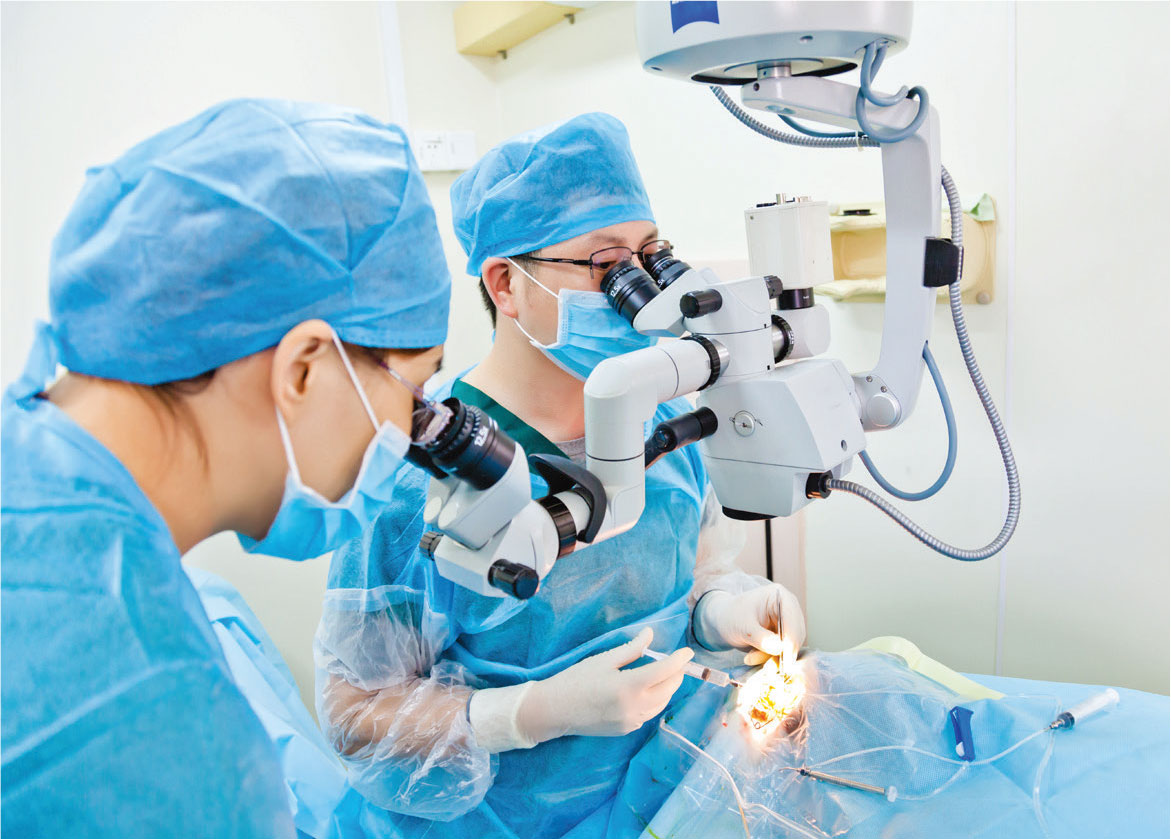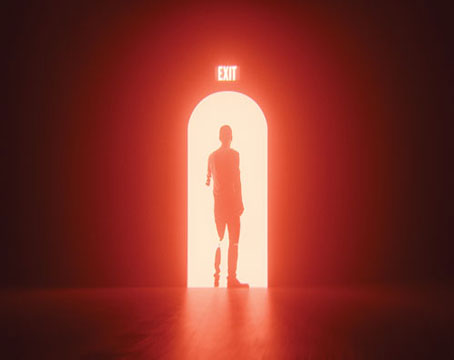 |
| Image courtesy of Getty |
I’ve written about this before, but each year it never ceases to amaze me how truly momentous this time of year is. The last time I addressed this topic, two years ago, I focused on how we teach cataract surgery, how it’s changed and how it may or should change. This time I’d like to focus on the transition itself, from outgoing third-year resident to wide-eyed newbie.
I know it’s now August as you read this, but for those of us involved with resident education, July is almost a cliché. “Don’t get sick in July,” and “Definitely don’t have surgery in July–or August.” New residents step up in seniority, and start to take over more of the surgery from their outgoing upperclass folks. The theory goes that, during this learning period, patient care is more suspect, and the lives of those who teach and supervise residents is more stressful. I have volunteer attendings who simply refuse to supervise resident surgery during the summer—as if that would speed their learning or improve patient care.
An old mentor of mine often said, “You only have so many Julys in you as a surgical teacher.” I never felt that way, however. Yes, the surgery does take a fair bit longer, yes you have to talk more, be more alert, be prepared to take over more. So, I guess it is more work and more taxing. Although I’d submit that it’s very much a function of the style and personality of the attending in question. We’re all different and I have no doubt that these differences affect how each of us handles the stress of teaching surgery, especially to new surgeons. It never really bothered me though. This is fortuitous, as in my new role I have a very flexible schedule and am able to cover resident surgical slots when my colleagues are ‘away.’ Lots of them. And it’s been great—not only great to teach, but great to get to know my new third years better earlier in the year. Sitting inches apart from each other for hours will do that. Having done this for almost 40 years, you’d think I’d be bored, or at least jaded. And I’ll admit some of my teaching tag lines are a bit long in the tooth. But lucky for me every year I get a new audience who hasn’t heard them before. The only issue is that some of my cultural references are so dated, they have no idea what I’m talking about. For instance, one of my concepts is that in cataract surgery we should strive for reproducibility of excellent surgical maneuvers and be able to deliver this on each case. Or, as I used to say, “Perfect rice every time.” They look at me funny. I sigh.
What really doesn’t get old each July is their reaction when they successfully complete a surgery and the eye looks great. The excitement, the enthusiasm and an appreciation for the wonder of modern cataract surgery is beyond gratifying. It softens my curmudgeonly exterior and reminds me why I continue to work, and most importantly continue to teach. I guess it sounds kind of shallow, but seeing this response keeps me from hanging up my phaco tips and riding off into the sunset. As much as I beat up on the Millennials, and soon Gen Z’s as they come through the residency, I’m very glad to see that even this detached generation can be engaged by the same wonder and awe that inspired me as a resident and still does to this day. Hope is not lost. Even though it’s July.
Dr. Blecher is an attending surgeon at Wills Eye Hospital.





